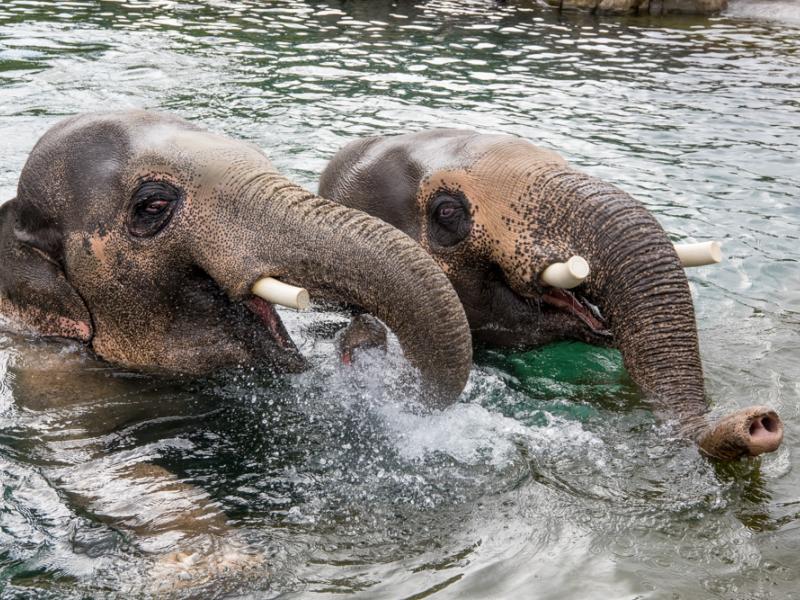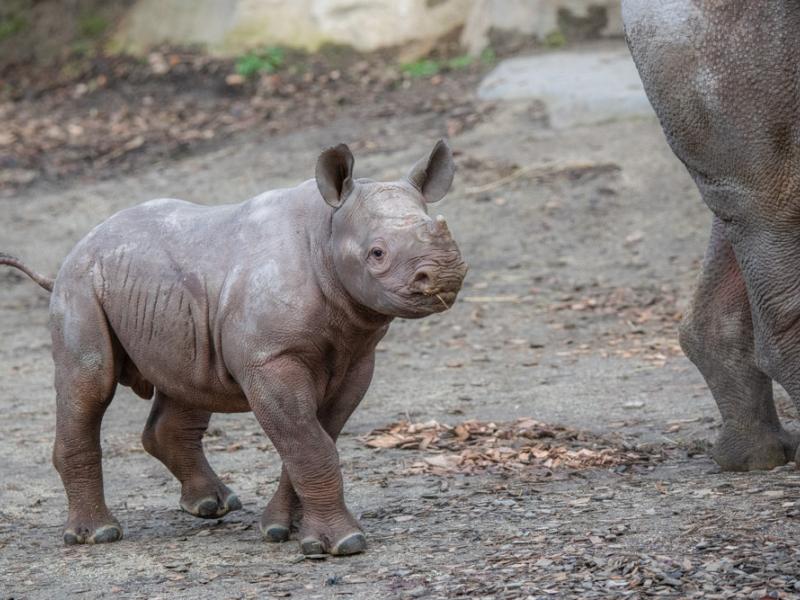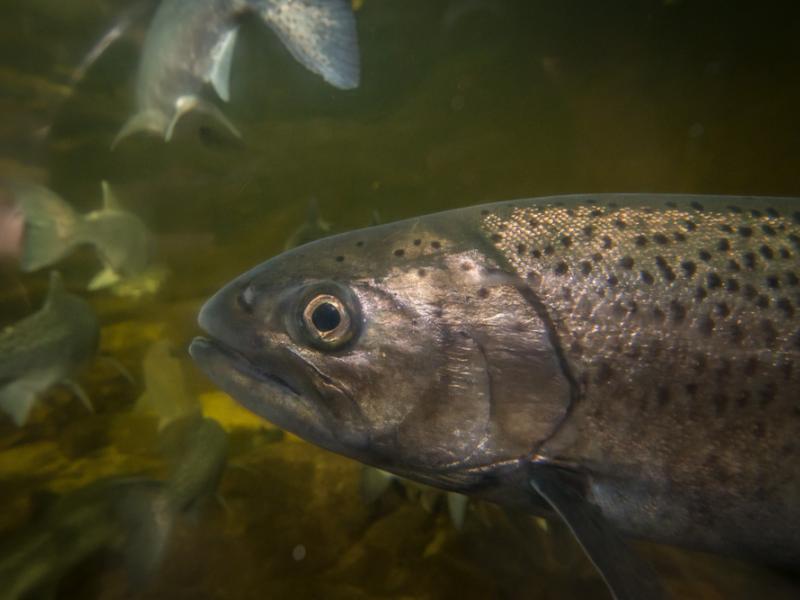Small actions that help polar bears
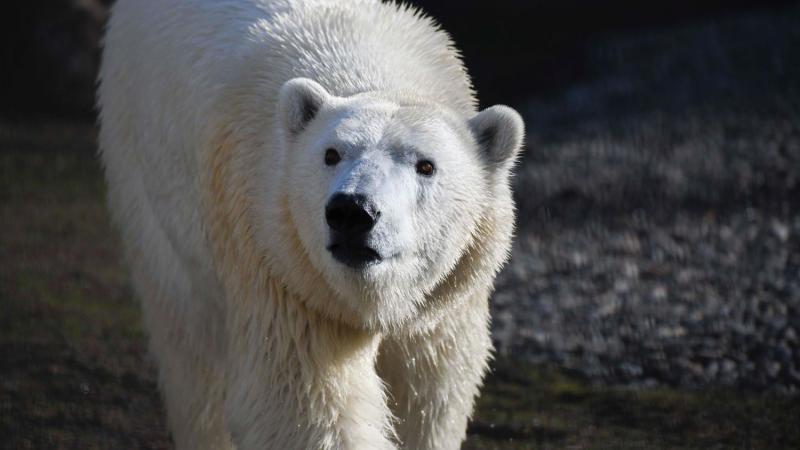
Polar bear survival depends on sea ice. As climate change causes Arctic ice to retreat further every year, polar bears are forced to use more energy as they struggle to find denning sites and hunt seals, their primary prey. Less food means less reproductive success and higher mortality rates for the cubs that are born. As top predators, polar bears are also especially vulnerable to accumulated toxins, which can affect their immune systems, growth rates and reproduction.
How you can help
-
Consider purchasing renewable energy
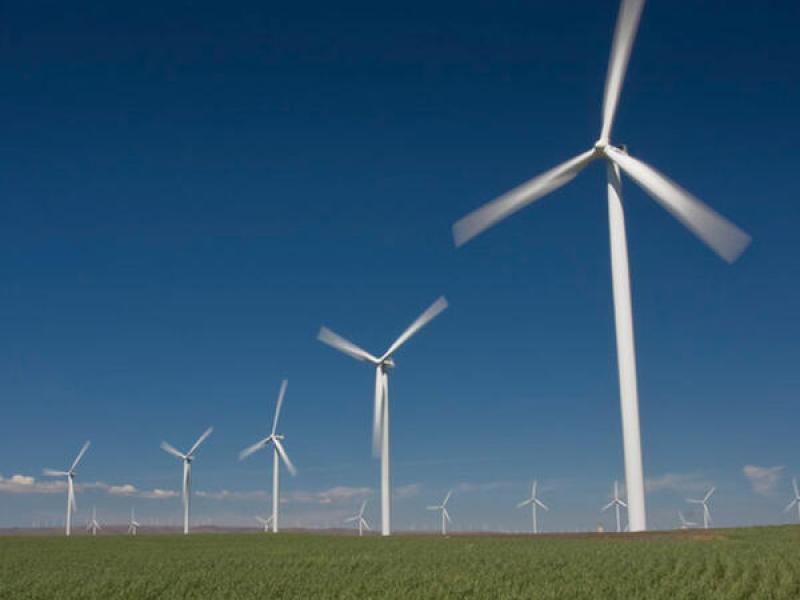
Not everyone can install rooftop solar panels, but consumers have more options than ever before for purchasing renewable energy through their utility. Renewable sources like wind, low-impact hydro and landfill gas can help reduce greenhouse gas emissions and other pollutants that impact wildlife from the Arctic to the tropics. Contact your utility to make the switch to wildlife-friendlier energy.
-
Use the recycler directory to dispose of electronics, batteries and more
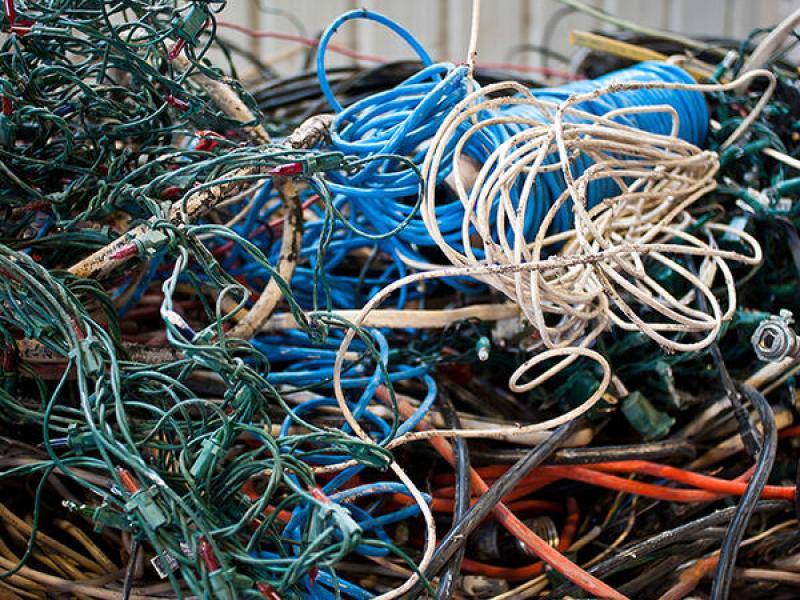
Responsible recycling of electronics, batteries, automotive equipment, packing peanuts and other "junk" not only keeps potentially hazardous material out of the environment, it helps keep wildlife habitat intact by reducing the need to extract more natural resources. Search the Portland Metro recycler directory to find out how to dispose of virtually anything.
-
Adjust your thermostat by two degrees
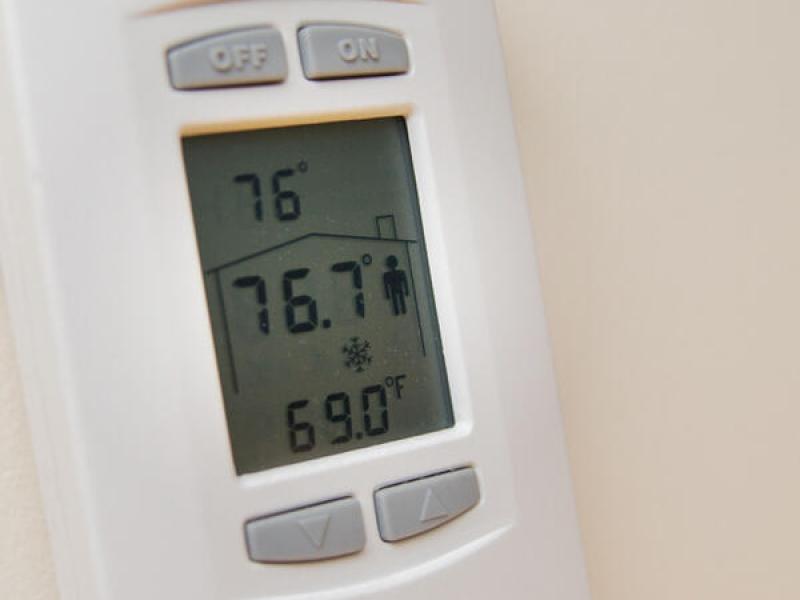
A difference of two degrees may not be noticeable in your living room, but it is in the Arctic. Small thermostat adjustments - higher in the summer and lower in the winter - reduce your energy consumption and your contribution to greenhouse gas pollution, which threatens wildlife and habitats worldwide. Adjusting your thermostat even more at night saves additional energy.
-
Replace your light bulbs with LEDs
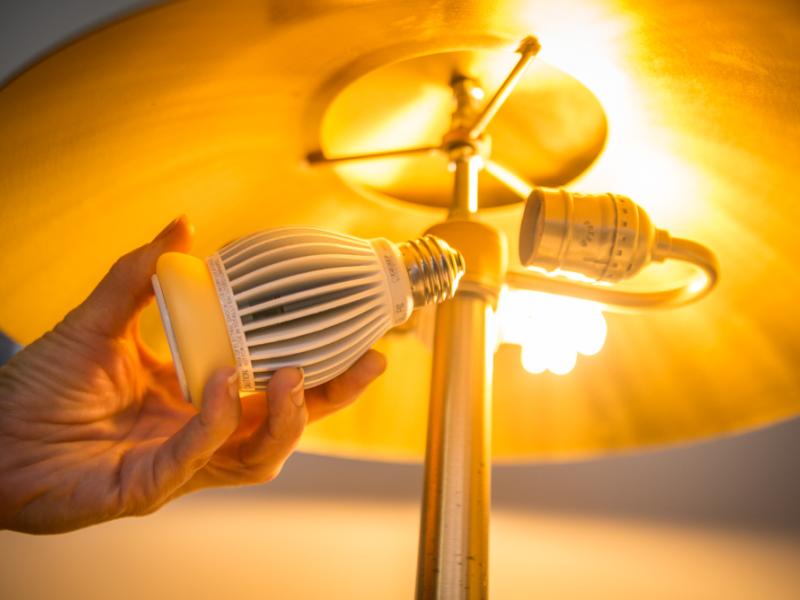
Light Emitting Diode (LED) bulbs don't just last longer and use less energy than conventional light bulbs, their manufacturing process is also more wildlife-friendly. Compared to incandescent and compact fluorescent bulb production, LEDs generate less waste and pollution and require fewer resources. Advances in LED technology have also made them more affordable, which makes switching even easier.
-
Turn off your car when you stop for more than ten seconds
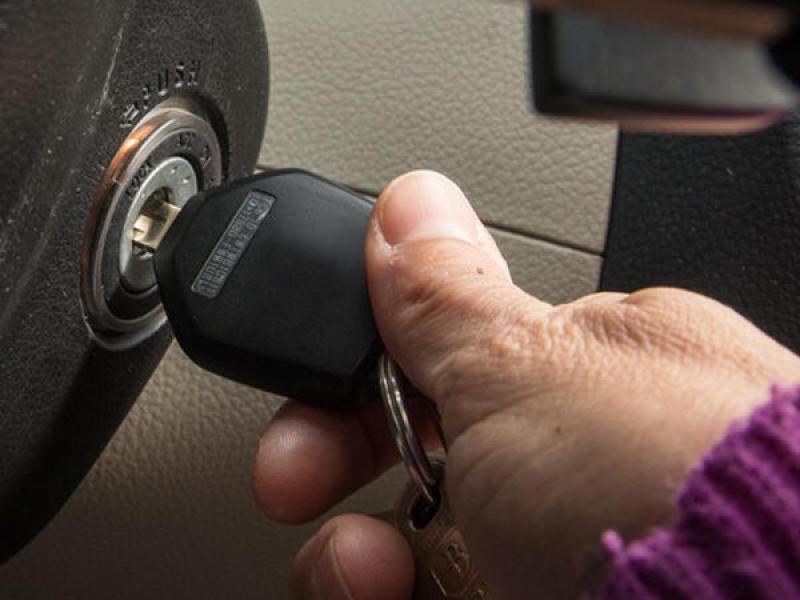
Turning off your car might be the easiest way to reduce your vehicle's impact on the environment. Idling not only wastes fuel, it creates greenhouse gas emissions and other pollutants that affect wildlife worldwide. Turn off your car whenever you stop for more than ten seconds at airports, bridge and railroad crossings and schools. The one exception is when you're in street traffic, where stopping is illegal in some states due to safety concerns. Instead of waiting at drive-thrus, park and go inside.
-
Wait at least two years before upgrading your mobile devices

Chances are your service provider recently notified you that you're eligible for a device upgrade, but holding on to your old phone or tablet for at least two years is the better choice for wildlife. The ever increasing production, use and disposal of personal electronic devices can be devastating to many species worldwide, damaging habitats in the mining and production process and exposing people and animals to hazardous materials once disposed of.
-
Become a Cascades Pika Watch volunteer
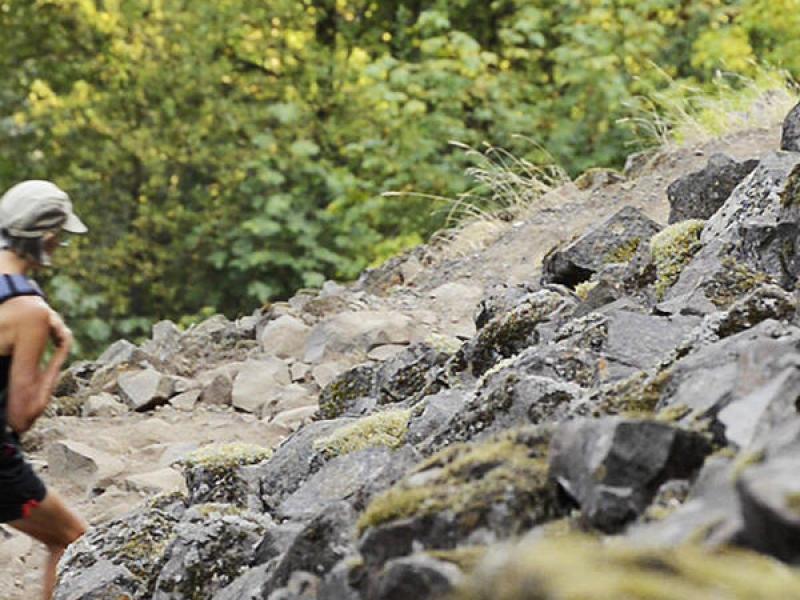
Pikas are widely considered a climate change indicator species. By monitoring pikas and collecting data, Cascades Pika Watch volunteers can help biologists determine population size, identify population declines, and potentially develop strategies for better protecting the habitat they depend on. Learn more about Cascades Pika Watch here.
-
Waste less food at home
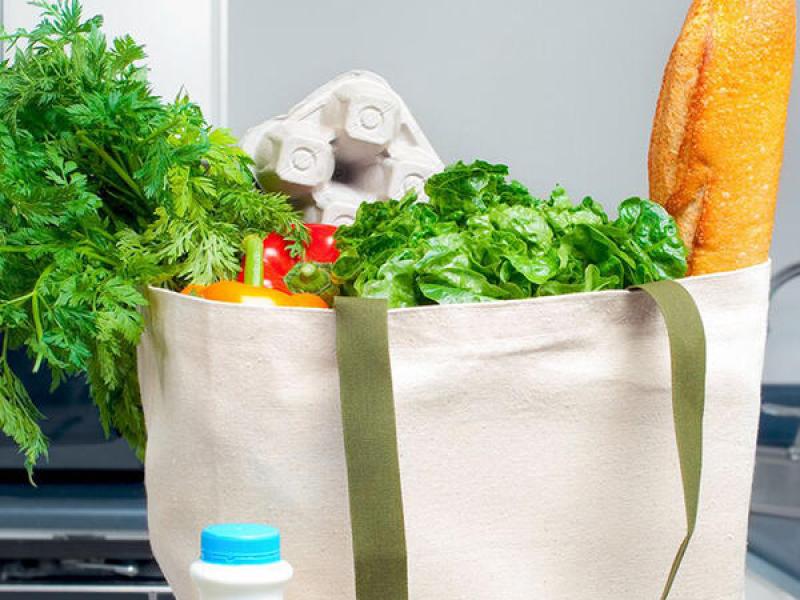
Forty percent of the food we buy never gets eaten, and wasted food hurts wildlife. Agriculture and food transportation can damage habitats worldwide, from the Arctic to the plains. Storing food properly, considering portions and shopping carefully can help prevent the wasting of food and prevent the burning of fossil fuels to transport it. These simple actions help protect wildlife and the habitats we all depend on.
-
Donate to the Oregon Zoo Foundation
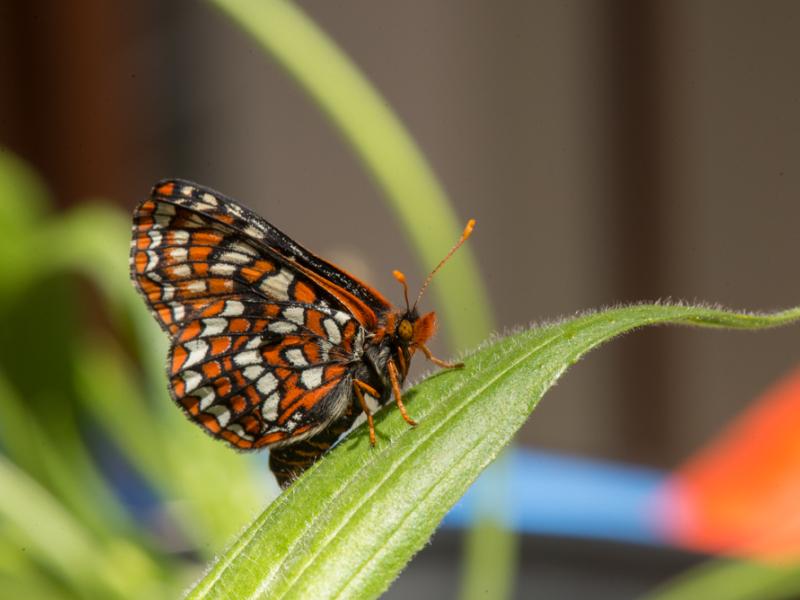
Donate now and make a world of difference for wildlife!


